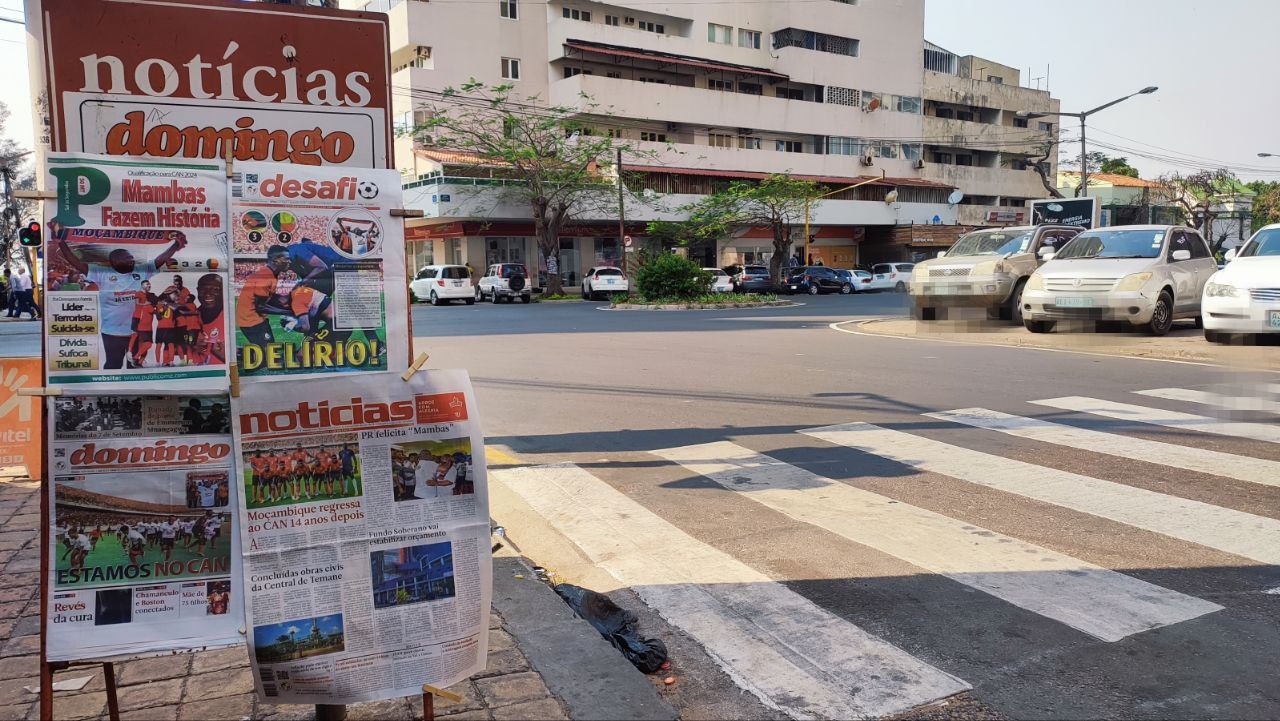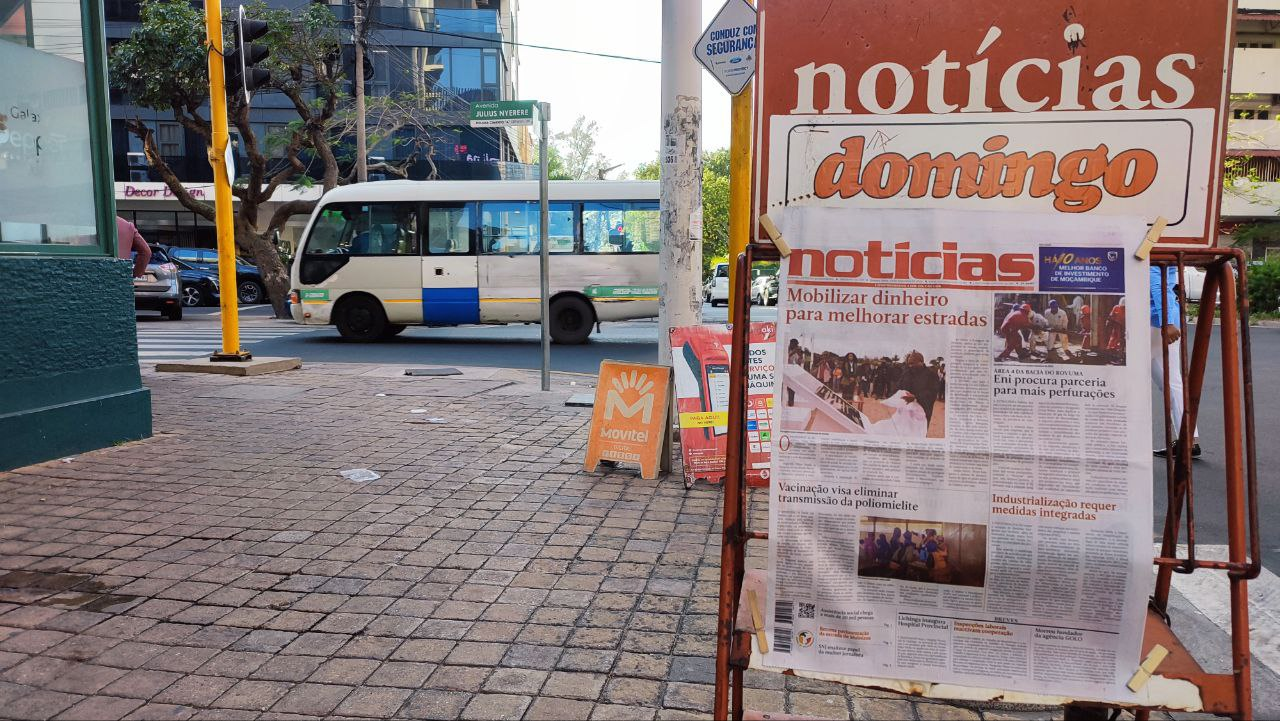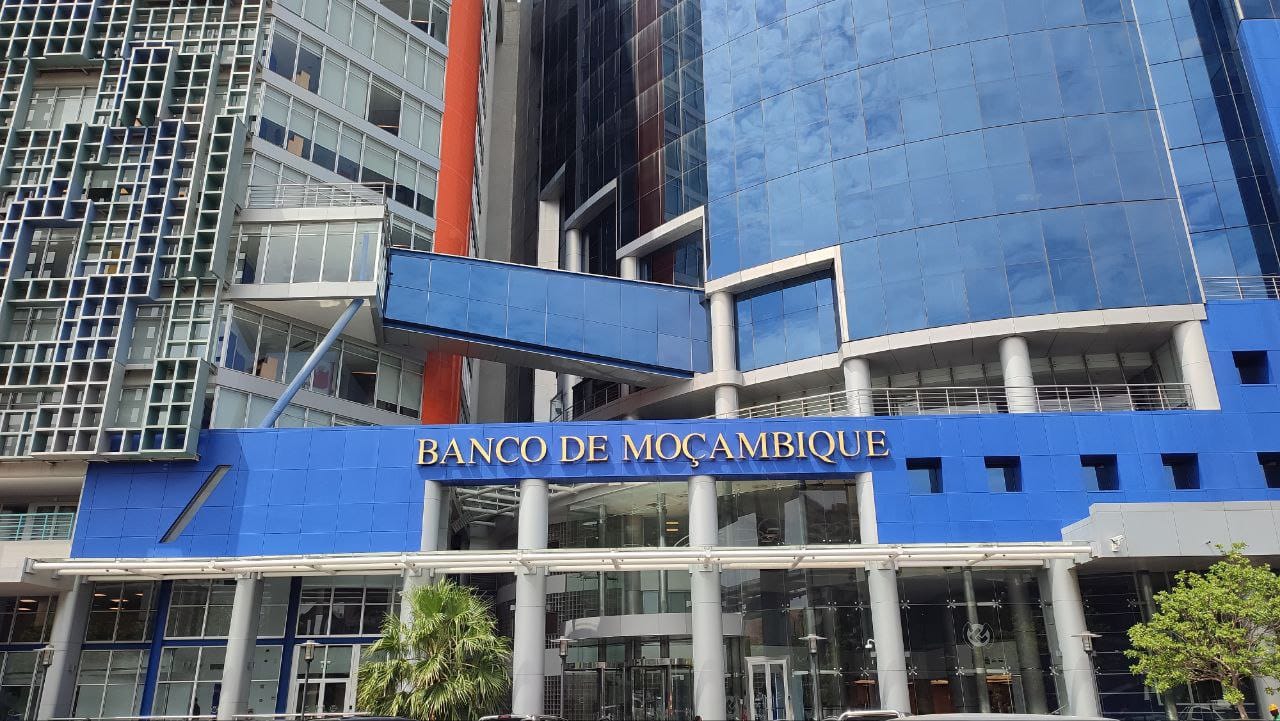Good afternoon, and welcome to the Zitamar Week in Review, our roundup of stories from the last five days. Have a great weekend!
Monday

The regional military force fighting the terrorist insurgency in Cabo Delgado province has “significantly paralysed terrorist activities”, according to the force’s spokesman. Major MK Letshwiti said that the Southern African Development Community (SADC)’s military mission had driven the insurgents deep into the Catupa forest. “The combined military operations have led to the return of internally displaced people to their areas of origin across the province and resumption of normal way of life,” Letshwiti added. He went on to say that Yassir Hassan, who was believed to have been the spiritual and overall leader of the insurgency, was believed to have been killed, without giving details.
This is the first statement from SADC following major joint military operations, mainly in Cabo Delgado’s Macomia district. Those operations led to the killing of some insurgency commanders such as Ibn Omar, near Quiterajo, a coastal zone. However, a large number of insurgents acting peacefully have been noticed in the coastal area of Macomia, in particular at Pangane.
Tuesday

On Tuesday, we reported on proposals submitted by Chinese construction company China Road and Bridge Corporation (CRBC) for a new railway line in Maputo. Maputo does indeed urgently need public transport solutions to cope with gridlock on the roads, a gridlock which recently forced the government to stagger people’s legally mandated working hours to reduce how many people are trying to travel at the same time.
But while a brand new railway holds the tempting prospect for politicians of inaugurating a gleaming, photo-friendly new project and basking in the publicity, it is unlikely to make economic sense. Most Maputo commuters cannot afford to pay much more than the prices charged by buses, minibuses and other communal transport. Yet such low fares would probably not be enough to cover even the costs of operating and maintaining a new railway, let alone building one.
Wednesday

The Mozambican government is to present its energy transition strategy at the COP 28 climate change conference organised by the United Nations in November, environment minister Ivete Maibaze has said. Maibaze added that the strategy was one of several projects the government would be presenting. Others include a master plan for “disaster risk management reduction”, budgeted at $600m and underway since 2017; and a plan for conserving the Miombo and greater Zambezi forest.
Thursday

The government has already started mobilising funding for the construction of a new road as an alternative to the highway N1 in order to reduce dependence on the only infrastructure that guarantees the connection north and south, President Nyusi announced yesterday. The planned section of the road will start in the Macia district, Gaza province, and go as far as Inchope, Manica province, bypassing Inhambane province. The construction project could be included in the government's next five-year programme.
This would be a major undertaking, but it does not lack rationale. Mozambique needs an alternative to the N1, and travelling via Inhambane adds a significant distance to the journey between Macia and Inchope. The two towns are 650km apart as the crow flies, but almost 1,000km along the N1. A more direct route using existing minor roads — many of which are likely dirt roads, but which might be upgraded as part of this project — cuts around 200km off the route. The new road would also avoid going through the city of Xai-Xai, a pinch point on the N1. President Nyusi yesterday inaugurated a new tarmac road between Macia and Chokwe, which would surely form the first section of the new trunk road.
Friday

The Indian mining company Vulcan Resources is reviewing or cancelling contracts with Mozambican suppliers of goods and services and in some cases replacing them with Indian companies at its operations in Tete province, Eduardo Sengo, executive director of Mozambican business association CTA said on Thursday. Sengo added that Vulcan was not compensating those affected, thus contravening Mozambican law. He also dismissed Vulcan's claim that it was revising its contracts due to the fall in the price of coal on the international market, saying that the company had been cancelling contracts since it took over the mining operations of Brazilian firm Vale in Mozambique in April 2022, and at that time the price of coal was high.
Since Brazilian company Vale sold the Moatize coal mining project to Vulcan, which is owned by the Jindal Group of India, Vulcan has been bringing as much work in-house as possible, including building worker accommodation on-site. Sub-contractors and service providers in Tete have been suffering as a result.







